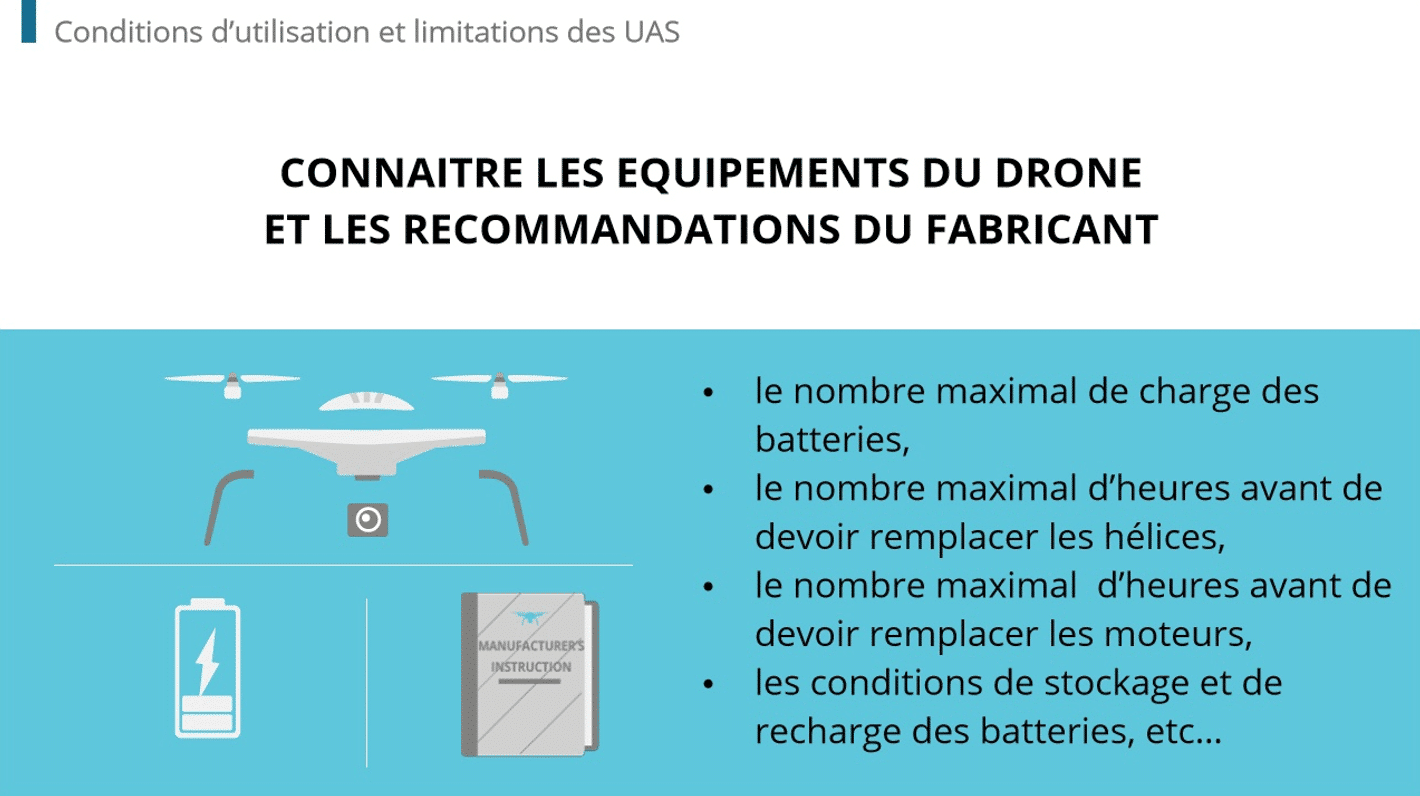The Digital Services Act (DSA) and Digital Markets Act (DMA) are two EU-based regulations introduced to address the online challenges associated with data security, competition, consumer protection, and unfair practices. These acts are mainly geared toward large enterprises, notably the big six known as GAFAM: Google, Apple, Facebook, Amazon, and Microsoft. Nevertheless, it may have residual effects on small to medium-sized enterprises as well, the manufacturing sector included. Here’s what lean manufacturing companies need to know, the implications, and how to steer clear of DSA and DMA violations.
What is DSA?
DSA’s premise is simple: What is illegal offline is illegal online. The act establishes rules that penalize sites that publish information that may be deemed disinformation, hateful, or promote violence. While the act is geared mainly at search engines, clouds, and hosting platforms, companies with more than 50 employees and more than 45 million users/followers are also subject to a curtailed version of the regulations.
What is DMA?
The Digital Markets Act targets GAFAM. These are the six mega enterprises deemed by the EU as holding a quasi-monopoly over online platforms. Consequently, it has essentially become a requirement for SMEs to utilize these platforms if they wish to build their following and market with a significant degree of success. DMA seeks to limit GAFAM’s leverage to level the playing field and give more rights to the users. Currently, there are 20 provisions under DMA. Here are the notable ones:
- Elimination of anti-competitive practices
- No favoring of their own or a partner’s services or platform
- EU-approved measures for addressing user complaints
- No selling or other exploitation of user data without consent
Data security : how do DSA and DMA impact the manufacturing sector?
Businesses may need to allocate resources, recruit new staff, or enlist third-party vendors that can moderate user-generated content in accordance with DSA and DMA guidelines. More importantly, they will need to invest heavily in training to keep staff educated and minimize non-compliance. Violations can result in heavy fines, up to 6% and 10% of the company’s global turnover for DSA and DMA violations, respectively.
DSA and DMA compliance best practices
Data security and safety in manufacturing begins with knowledge and educated minds. Today’s e-learning solutions enable training using multi-media formats. This not only makes training more convenient and flexible but also more engaging, in turn fostering memory retention. Here are the best practices when compiling a DSA/DMA e-course.
Identify user and industry-relevant needs
Identify and prioritize the provisions most applicable to your employees and their day-to-day job duties. For example, DSA has a provision for user-centric advertising. The rules prohibit targeted ads using sensitive user data. Your e-learning course can heavily cover this section, as it’s highly relevant for your marketing team. By the end of this module, learners should know, for instance, whether it’s acceptable to use first-party income data when compiling pop-up ads.
Use the chunking method
Organize the content and don’t go back and forth between DSA and DMA provisions. Have one collection of modules for DSA and another covering DMA. Furthermore, observe this golden rule: one provision, one module. This makes it easy to complete the course in manageable increments. Each module should also be brief enough and can be completed in 10 minutes max. Other notable points:
- A save button available at all times in each module
- A stats section in the user dashboard displaying the modules completed and the sections that remain
- An estimated timeframe of completion outlined at the beginning of each module
Minimize reading and lectures
Each module will need to include some text and may even have some pre-recorded lectures. However, add other forms of media to the mix. Discuss the DSA/DMA rules using infographics, quizzes, live virtual discussions, and even gamification. Having diverse media elicits the five senses and helps with memory retention. The less learning feels like learning in the traditional sense, the better.
Emphasize the relevance of each provision
Some policies may appear irrelevant or even nonsensical to the learners’ job role, but compliance nevertheless is necessary as a precautionary measure. For example, DSA prohibits the publication of hate speech. Since the definition of hate speech has a lot of gray areas, instruct learners/staff to refrain from overly political or social content. Even well-intentioned posts and videos may be interpreted as hateful by both good- and bad-faith actors. Designated content creators should know what content is allowed and what’s best to avoid.
Data security compliance with Dokeos’ support
DSA and DMA rules are complex, and compliance training may not be immediately welcomed by employees. However, e-learning solutions like Dokeos make the course more palatable for learners. Our LMS makes course creation easy for HR and engaging for learners.
We incorporate the latest in generative AI and machine learning, with e-tools like virtual classrooms, placement tests, and e-signatures to promote a multi-learning approach. With our archives and stored individual training files, have the digital records on hand and ready for inspection from auditors. Get your learners certified with skills that can be applied in real-world scenarios encountered on the manufacturing floor. Sign up for a free trial today.
















